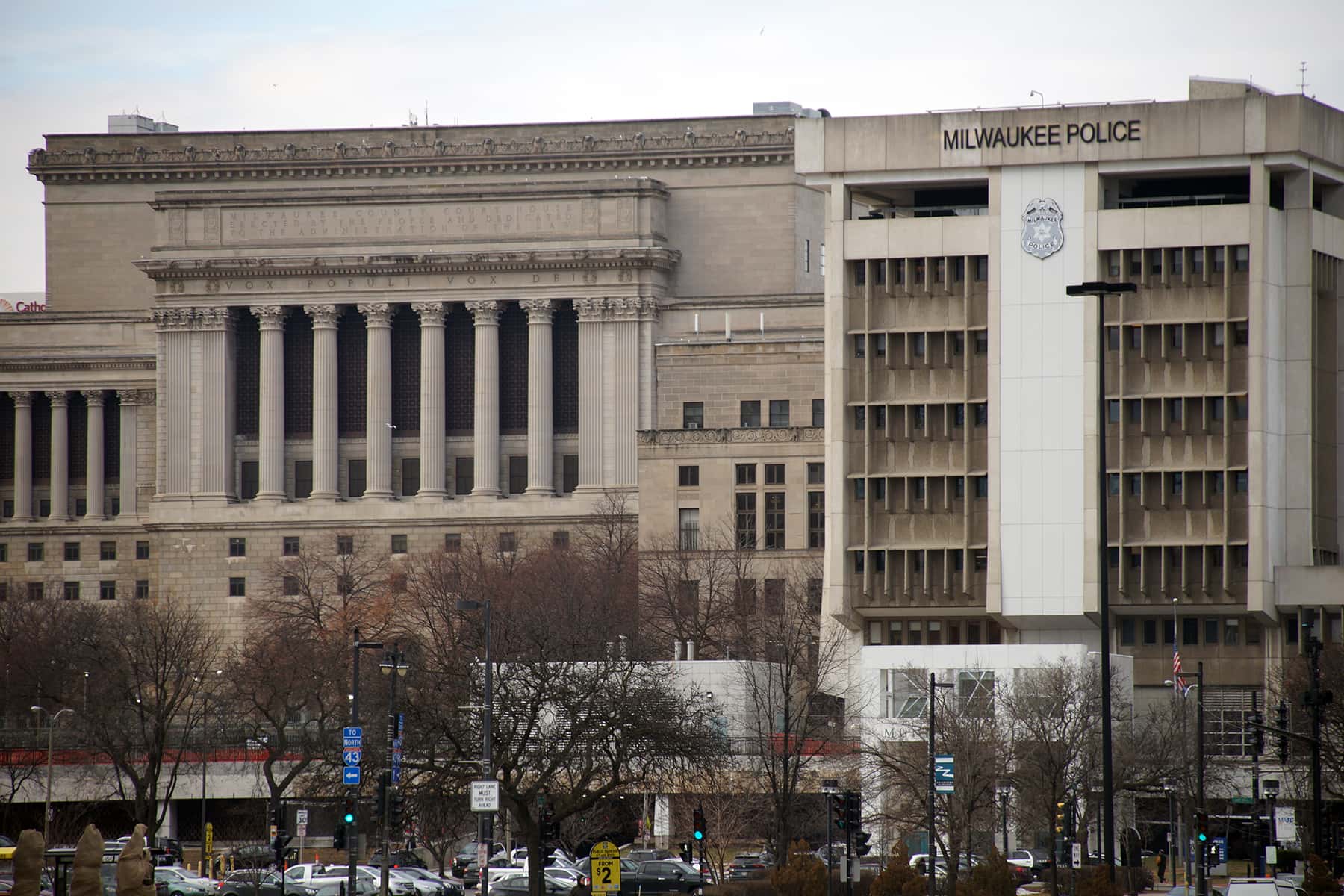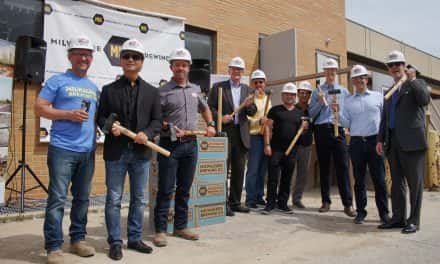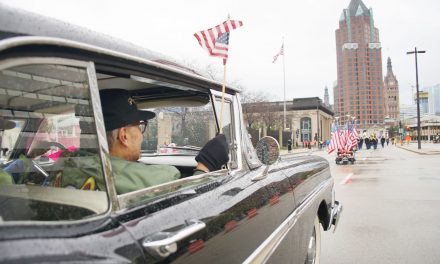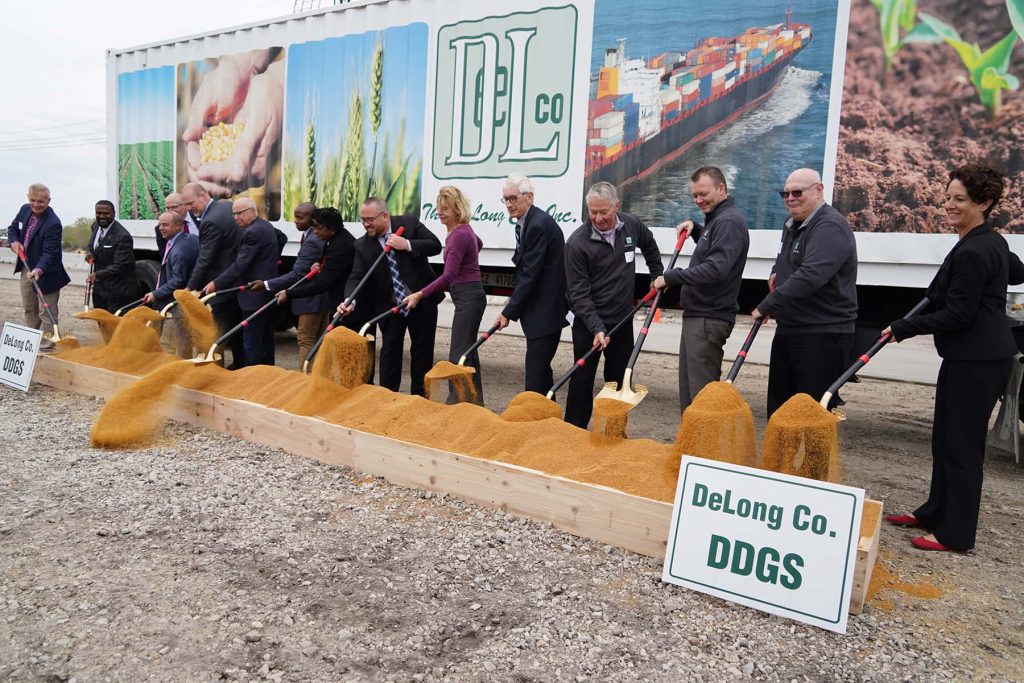
A joint statement was released on December 16 from members of the Milwaukee Common Council – Alderman Ashanti Hamilton, Alderman Nik Kovac, Alderwoman Nikiya Dodd, Alderwoman Milele A. Coggs, Alderman Khalif J. Rainey, Alderwoman Chantia Lewis, Alderman José G. Pérez, Alderwoman Marina Dimitrijevic, and Alderman Russell W. Stamper, II.
We were not surprised to see members of the state legislature take the Common Council to task for its decision yesterday to turn down the federal COPS grant that has been at the center of so much debate recently. Some rarely miss an opportunity to speak quickly, one might say reflexively, when there’s an opportunity to criticize the City of Milwaukee.
Since, due to a procedural motion, this same file will return to the Common Council in January for more deliberation, perhaps there is time enough to explain why accepting this grant has been so difficult for a majority of this body.
First, there are the simple economics. We hear a lot about these officers being “free” and that the City was turning its back on “free money.” This is nonsense. While these 30 officers would, indeed, be paid for for three years, each one of them could easily prove a 25-year employee eligible for the elevated wages, benefits, and pensions that have caused public safety costs to consume a wildly disproportional share of the City’s revenues.
Before this file was ever introduced, we were facing terrible decisions about how to cut other services to pay for a public safety infrastructure that is no longer affordable. And these officers have costs far beyond their wages and benefits. In the period 2016-2020, police misconduct lawsuits cost the taxpayers more than $34 million. At the same time, the state legislature has refused to grant the City the proper level of shared revenue it was promised a generation ago and it has rejected our repeated requests for a modest increase in the sales tax.
We ask: isn’t it ironic that many of the same state legislators who rejected tens of millions of dollars in federal Medicare assistance and turned their backs on $800 million in federal transportation aid to build a passenger rail line across Wisconsin, now castigate Milwaukee for not wanting to burden a generation of taxpayers with unmanageable future costs?
Second, and perhaps more important, are the voices that called all Summer, through the Fall, and who are still heard in the street, for a reevaluation of the City’s priorities and its approach to policing. De-militarization, re-allocation, “right-sizing,” and a number of other important ideas can be summed up in one word: change. People can no longer accept a police department that takes so much and spends what it has in ways that they do not believe truly protect them. They want to see investment in intervention, mental health, de-escalation and non-violent responses to problems.
Of course it is a long and complex road to get these goals, but we will never get there unless we start somewhere. That was the intention of the amendments offered at yesterday’s meeting; not to turn aside federal resources, but to assure ourselves and the community that there really is some hope for change. A great many in this City cannot abide the notion that this grant would only bring 30 more police officers into a department that has lost the trust of many.
The long and sometimes difficult conversation, perhaps overdue, was not a bad thing. It was a sign of hope. It was a sign that a grant the City has accepted without question for decades would be made transparent and those who administer it would be made accountable.
We ask those criticizing this decision to consider what it is about transparency, accountability, and financial responsibility they oppose? This version of the COPS grant is not a dead letter, but it and every other appropriation like it can expect fair-minded, close review going forward. Those we serve demand no less.
And we would offer one final point. Mayor Tom Barrett knows as well as anyone the challenges that the growth of the police department’s budget are creating. He tells the Council about them every time he presents his proposed budget. He also insists that he has heard those calling for change and we want to believe him. His own remarks yesterday afternoon, then, sounding a good deal more like an unsympathetic state legislator than an advocate for progress in his own City, were intemperate and counterproductive. This sort of posturing benefits no one and only postpones the day on which he and the Common Council can begin to find real paths forward.
© Photo
Lee Matz















